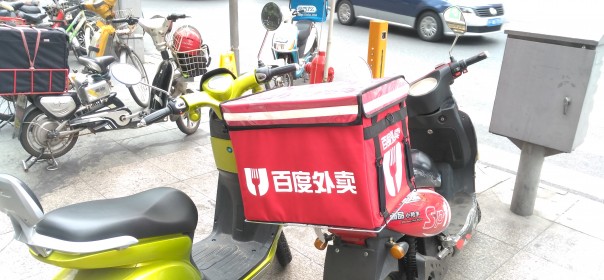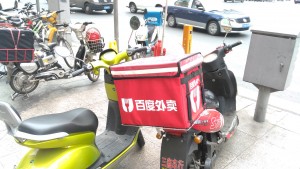Bottom line: JD.com’s Thai joint venture looks like a smart move into Southeast Asia, though it shouldn’t move too aggressively abroad and instead focus on becoming profitable.

China’s big Internet companies have a pretty varied record for expanding abroad. At one extreme there’s Alibaba (NYSE: BABA), which is using its big cash pot to buy a wide range of assets concentrated mostly in East and South Asia. Tencent (HKEx: 700) is in the middle, mostly buying strategic stakes in game-related companies, while Baidu (Nasdaq: BIDU) appears to have mostly abandoned the market after a few half-hearted attempts at global M&A and trying to open search sites in other countries.
And then there’s Johnny-come-lately JD.com (Nasdaq: JD), which admittedly has a far shorter history and is also the only one of the four leading Internet companies that’s still losing money. But that doesn’t mean that JD doesn’t have cash, and now it appears the company is looking to make its biggest splash abroad to date with the formation of a joint venture in Thailand. Read Full Post…











